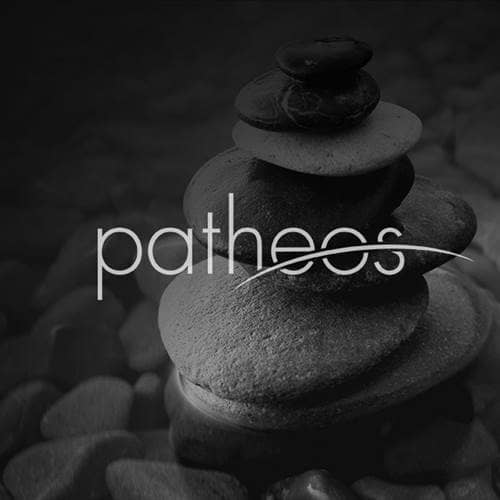- Trending:
- Forgiveness
- |
- Resurrection
- |
- Joy
- |
- Trump
- |
- Kamala Harris
- |
- Supreme Court

RELIGION LIBRARY
Scientology
Exploration and Conquest
Scientology is a new religion, especially when compared to Hinduism and Judaism, but even when compared to more recently founded faiths such as Islam or Sikhism. And like most modern religious traditions -- such as the Baha'i Faith, the New Apostolic Church, or Jehovah's Witnesses, as well as other groups founded in the 20th century such as Soka Gakkai, the Unification Movement, or contemporary Paganism -- Scientology has never been the majority religion in any geographical area, nor has it ever been aligned with a government. Scientology has renounced any direct involvement with politics.
Among the many new religions to appear in the 20th century, Scientology has emerged as one of the most important due to its international spread. Scientology counts the number of people who have been positively affected by it in the millions -- a cumulative figure representing everyone who might have taken a basic Scientology course or visited a Scientology bookstore and purchased a book. Its active participating membership internationally, though difficult to count, appears to be around a half million. Currently, it reports 7,934 churches and missions (the overwhelming majority are small missions) in some 164 countries, though the largest concentration remains in North America. It reports 5,000 to 7,000 members of the Sea Organization.
While the church has experienced spectacular growth, given that it has existed only slightly over a half century, it remains a small religious community even in North America where it has experienced its greatest success. It has yet to reach the size, for example, that its presence would be notable in national religious polls.
Although Scientology has eschewed any political involvement, it has chosen to assume an activist stance in attacking what it sees as the major social ills faced by modern society. Efforts to apply L. Ron Hubbard's teachings to the modern plague of mood-altering drugs has led to the nurturing of two programs, Narconon and Criminon, the latter a version of the Narconon program especially designed to be used in correctional institutions. Simultaneously, what is termed the Purification Rundown, a program for church members to rid themselves of drugs and other toxins accumulated over a lifetime of simply living in the modern world, has become a ubiquitous part of Scientology's church life.
Illiteracy has been addressed through the Applied Scholastics program, in which tools prepared by Hubbard to assist members in reading church materials have been expanded to teach people who never learned to read in elementary school. Like the anti-drug program, the reading skills program has become institutionalized among Scientologists, who are taught good study skills and regularly reminded to keep using them.
Without a doubt the most controversial effort to deal with society's social ills has been Scientology's crusade against psychiatry, especially focused on the use of psychoactive drugs like Ritalin and Prozac. The disagreements with psychiatry go back to the beginning of Dianetics, which was seen in part as a way to avoid psychiatric care. As Scientology developed, Hubbard contrasted it and its focus on the human spirit to psychiatry and its spiritless understanding of humanity. Over the years he had come to believe that the major drugs used by psychiatrists were no different than the illegal narcotics being used by drug addicts. Many were addictive and had similar negative side effects. Scientologists have also complained about the millions of children given drugs to handle either poorly diagnosed diseases or simple behavior problems in school.
While many people who would not support Scientology otherwise could and do praise their Narconon and illiteracy programs, the effort against psychiatry, focused in the Scientology-sponsored Citizens Commission on Human Rights, draws very mixed reactions. The issue has found some traction in the Commission's publicizing of the relationship between youth on prescribed drugs and recent shooting incidents in the public schools, but overall, the church/Commission has not been able to mobilize much public support to attack psychiatry in general.
The development of its several social betterment programs, now coordinated through the Association for Better Living and Education (ABLE), a structure the church set up to liaise with the several social betterment organizations, provides the church a means to affect the larger society and support what it sees as major values that are threatened in the modern world.
Study Questions:
1. Why is Scientology a notable New Religious Movement?
2. How has Scientology indirectly taken a political stance?
3. Why is literacy a skill taught by Scientologists?
4. How does Scientology clash with modern medicine?










